The process of elaborating a Brazilian National Action Plan
Written by: Ana Laura Figueiredo
Continuing our series about the National Agenda, in this post we will cover the process of elaboration of a Brazilian National Action Plan (NAP), from the development of the agenda in the national territory, and establishing its relationship with the need for a law on Human Rights and Business, currently in progress with the bill 572/2022.
Based on what has already been discussed regarding the existing PNAs, it is worth mentioning that so far there is not a good example of a National Plan, which has been limited to the dissemination of the Guiding Principles and showed no transparency and civil society participation in its elaboration process.
Development of the National Agenda
The human rights and business agenda began to gain greater prominence at a national level from 2012 onwards when the ‘The Global Campaign to Reclaim Peoples Sovereignty, Dismantle Corporate Power and Stop Impunity’ was launched during an event at the People’s Summit. Soon after, Brazil abstained from the vote for the creation of the open-ended intergovernmental working group to prepare a binding instrument on transnational corporations, at the same time that it was preparing studies for the structuring of a National Plan.
With the advancement of international negotiations for a Treaty on the subject, Brazil’s position of aligning itself with the interests of the European Union became clear. This alignment reveals the perpetuation of voluntarist norms based on guiding principles and resistance concerning the adoption of a Framework Law and the elaboration of binding international norms.
In 2017, a significant event on the subject took place, the public hearing “Human Rights and Business: what is the public policy that Brazil needs?” promoted by the Federal Attorney for Citizens’ Rights (PFDC) in partnership with the Civil Society Working Group on the topic. The hearing included the testimony of several people affected and the participation of civil society organizations that on that date were also assessing the aftermath of the Fundão Dam failure.
While civil society sought participation in the development of public policies, in December 2018, Decree nº 9571/2018 was published, which was analyzed in another post , which represented a defeat for what has been build-up. The decree represents the so-called ‘top-down’ construction, that is, it fails in the participatory democratic aspect. Resolution No. 5/2020 from the Brazilian National Human Rights Council was developed in response to the decree, even though the established guidelines do not have the power to bind governments or companies.
On April 30, 2021, the Chamber of Deputies, through its Commission on Human Rights and Minorities, held a Public Hearing to address the recommendations on Human Rights and Business of the UPR, Universal Periodic Review, which is a United Nations mechanism responsible for analyzing the internal human rights situation in UN member states. The session was attended by civil society organizations, including Homa, as well as representatives from the Ministry of Women, Family, and Human Rights. The Ministry’s presentation praised Decree No. 9,571/2018 and defended its campaign called “Take Responsibility”, which seeks voluntary adherence by companies to the decree guidelines. From the representatives’ speech, it was possible to identify the government’s intention to build a national action plan based on guiding principles and voluntarist logic, with a bill of amendment of the decree already rejected and seen as a mistake by civil society organizations. In addition, the government reaffirmed its initiative to reward companies with stamps, citing the ‘family-friendly company’ award program. The promise of dialogue with society was also viewed with great dismay, given the history of the Federal Government’s performance in the area and the lack of dialogue until then.
Need for a Framework Law on Human Rights and Businesses
From the brief analysis carried out on the development of the National Agenda and the ongoing process for the elaboration of a Brazilian PNA, it is possible to affirm that the perpetuation of instruments based on voluntarism and corporate social responsibility of companies will not allow progress in their accountability and the protection of human rights. For this reason, among others, as the gaps in the legislation on the subject, the elaboration of a Framework Law, which is a binding instrument, based on the knowledge and work produced by civil society organizations in partnership with government agencies, is the best alternative to the agenda. The proposal was first presented by Homa and FES-Brasil during the Public Hearing in the Chamber of Deputies, which in June 2021 published a document on the need and feasibility of the framework.
In the next post, we will analyze the relevance of the recent achievement, which was the presentation of bill 572/2022 as a national landmark in the agenda for Human Rights and Business, and important aspects of its content that result from the contextualization made throughout the series.
To better understand the importance of a Framework Law on Human and Business Rights, read our document (available in portuguese):
|
Glossary
|
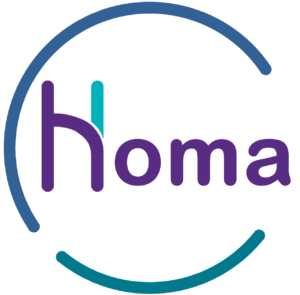
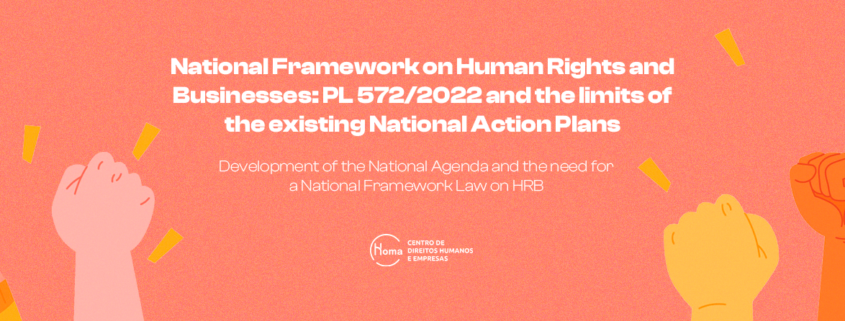
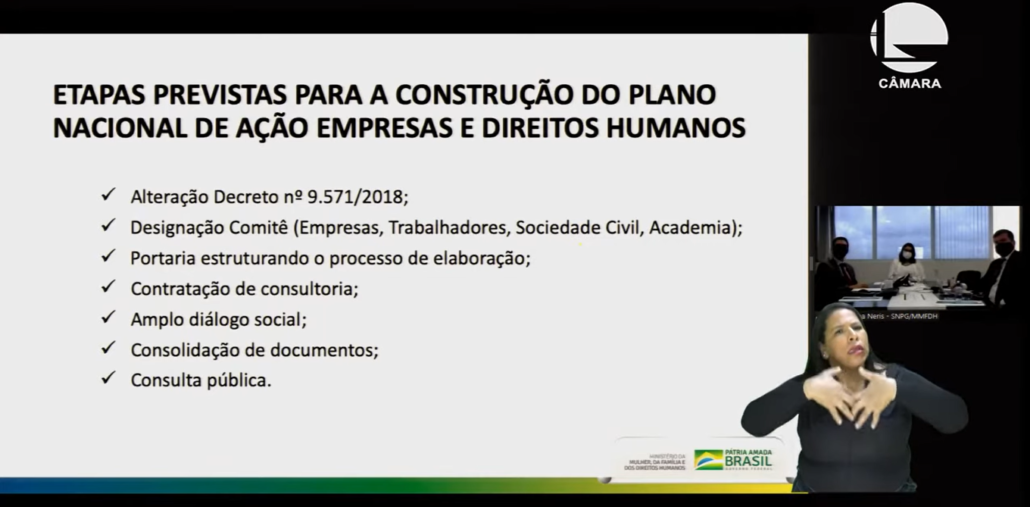

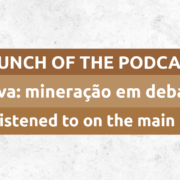
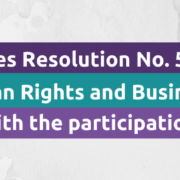
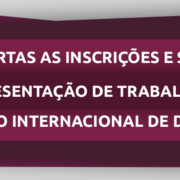


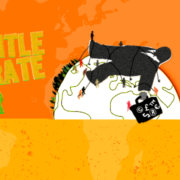
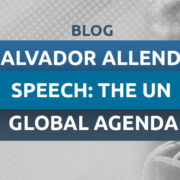


Leave a Reply
Want to join the discussion?Feel free to contribute!